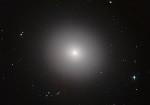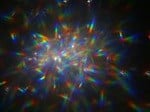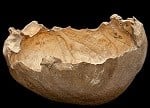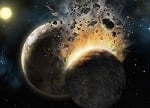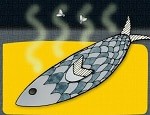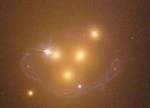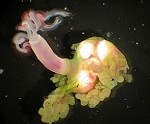Galaxy death starts at the core and moves outward
Galaxy death starts when the core stops making new stars, but the outskirts continue star production, says a new release by the ESA/Hubble Information Centre. For...
Glitter clouds to take images of new worlds in space, NASA
NASA plans to use clouds of reflective glitter-like particles rather than mirrors to help it find stars and planets beyond our solar system. This...
Britons ate each other 15,000 years ago, evidence shows
Britons ate each other, probably as part of mortuary practice about 15,000 years ago, a new study on the human remains from Gough’s Cave in...
Mercury-like planet and Earth collided, and then there was life
If a Mercury-like planet had not collided with Earth billions of years ago, our planet would probably not have developed a magnetic field, which...
Acorn crops lower and of poorer quality in UK due to climate change
The quality and quantity of British acorn crops has been affected by global warming, says a new study issued by the Woodland Trust, a conservation charity...
Meat sensor tells you when it is safe or not to eat
Scientists at MIT have created a cheap, portable sensor that can tell you when meat or fish in your fridge or at the grocery...
100,000 galaxy search for intelligent life finds nothing compelling
100,000 galaxies have been searched by scientists for signs of super-advanced alien civilizations - they have so far found nothing compelling. However, some galaxies showed unusually...
Dark matter seen interacting with a non-gravity force, so not completely ‘dark’
Signs of dark matter possibly interacting with a force other than gravity have been observed by an international team of scientists from the UK,...
Osedax Zombie worm has eaten up many fossil bones, scientists say
The Zombie worm, known formally as the Osedax worm, has been eating the bones of large creatures in our oceans for millions of years....
Neanderthals may have eaten their dead children
Bone fossils of two adults and a child suggest Neanderthals may have eaten their dead children, as well as adult carcasses, say researchers from...

